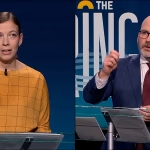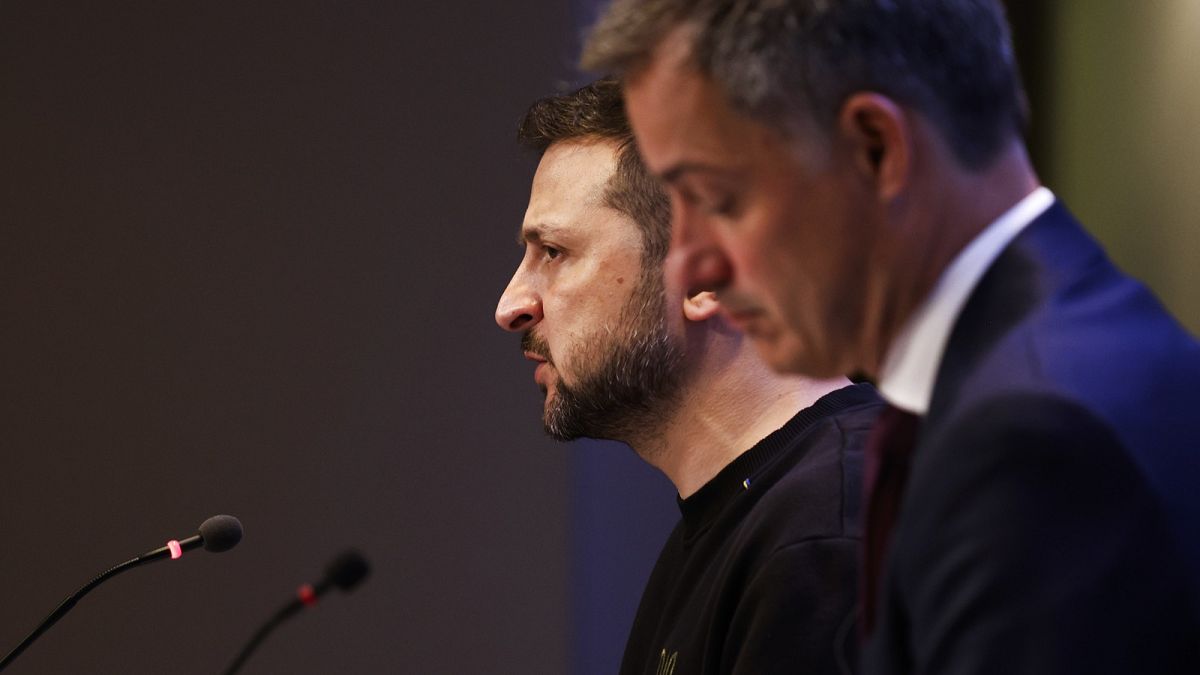As the conflict between Ukraine and Russia continues, President Volodymyr Zelenskyy has expressed urgency in gaining approval from Western allies to use donated weapons to strike deep inside Russian territory. A recent security deal with Belgium included the provision of 30 F-16 fighter jets by 2028, but the agreement restricts Ukraine from deploying these aircraft against Russian targets. Western allies fear that such actions could escalate the war and trigger NATO’s collective defense response. Zelenskyy argues that the current restrictions are unfair, especially in light of recent Russian attacks on Ukrainian territory, leading to calls for permission to target Russian soil.
The debate over lifting restrictions on weapon donations to Ukraine has gained traction in recent weeks. Ukrainian drones have targeted energy infrastructure in Russia, causing concern among Western allies and drawing criticism from the US Secretary of Defense. Zelenskyy defends these actions as a response to Russian attacks on civilian buildings and energy systems in Ukraine. The president insists that his country has the right to counter Russian aggression and disrupt the profit from Russia’s energy resources in order to defend itself effectively.
Despite the ongoing conflict, some Western leaders have shown willingness to reconsider restrictions on weapon donations to Ukraine. NATO Secretary-General Jens Stoltenberg has emphasized the need to provide more support to Ukrainian forces by easing limitations on weapon usage. Zelenskyy specifically urged Germany to provide Taurus cruise missiles with a 500-kilometer range, though Chancellor Olaf Scholz has deemed this request as irresponsible. However, with Russian troops advancing and the war entering a new phase, the debate on restrictions is intensifying, with some member states indicating a readiness to lift prohibitions on targeting military sites in Russia.
International reactions to the conflict have varied, with mixed opinions among EU defense ministers regarding the use of donated weapons by Ukraine. Josep Borrell noted that some member states are opposed to lifting restrictions, while others support the idea of allowing Ukraine to target Russian military sites in self-defense and in a proportionate manner. The complexity of the situation highlights the need for careful consideration of the implications of easing restrictions on weapon donations to Ukraine. Zelenskyy remains hopeful that progress will be made in lifting the restrictions, emphasizing the importance of supporting Ukrainian forces in their efforts to defend against Russian aggression.









